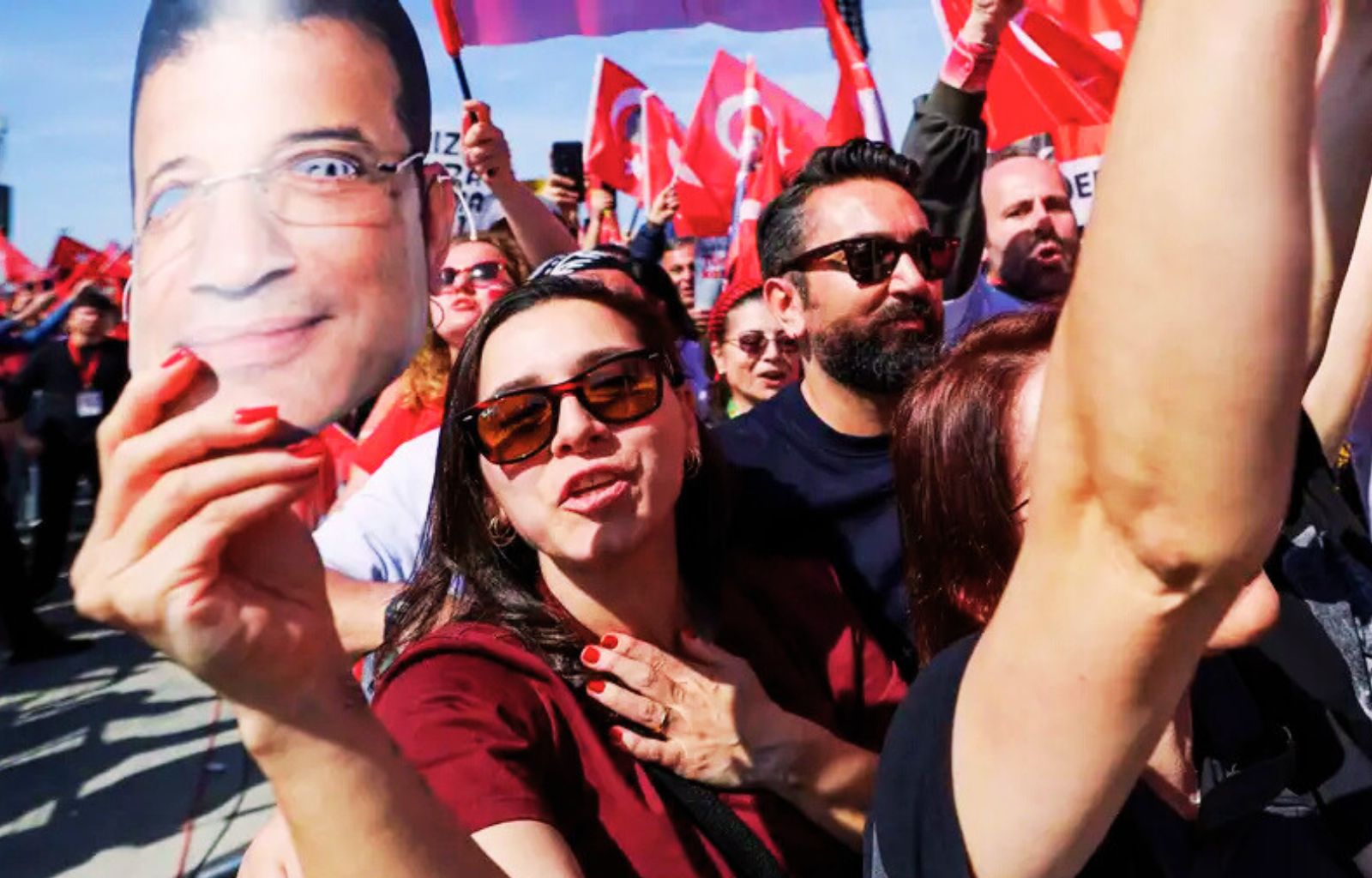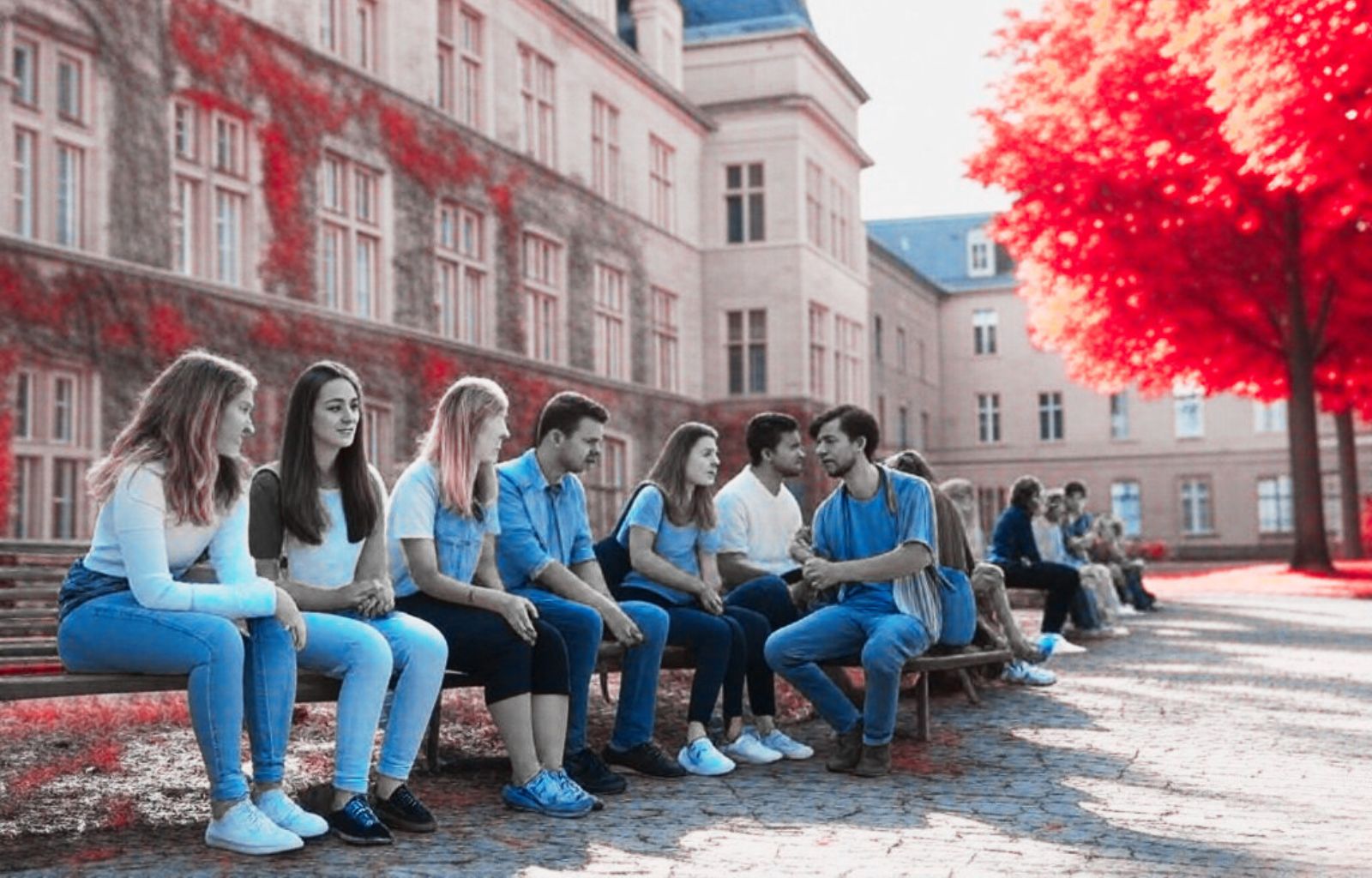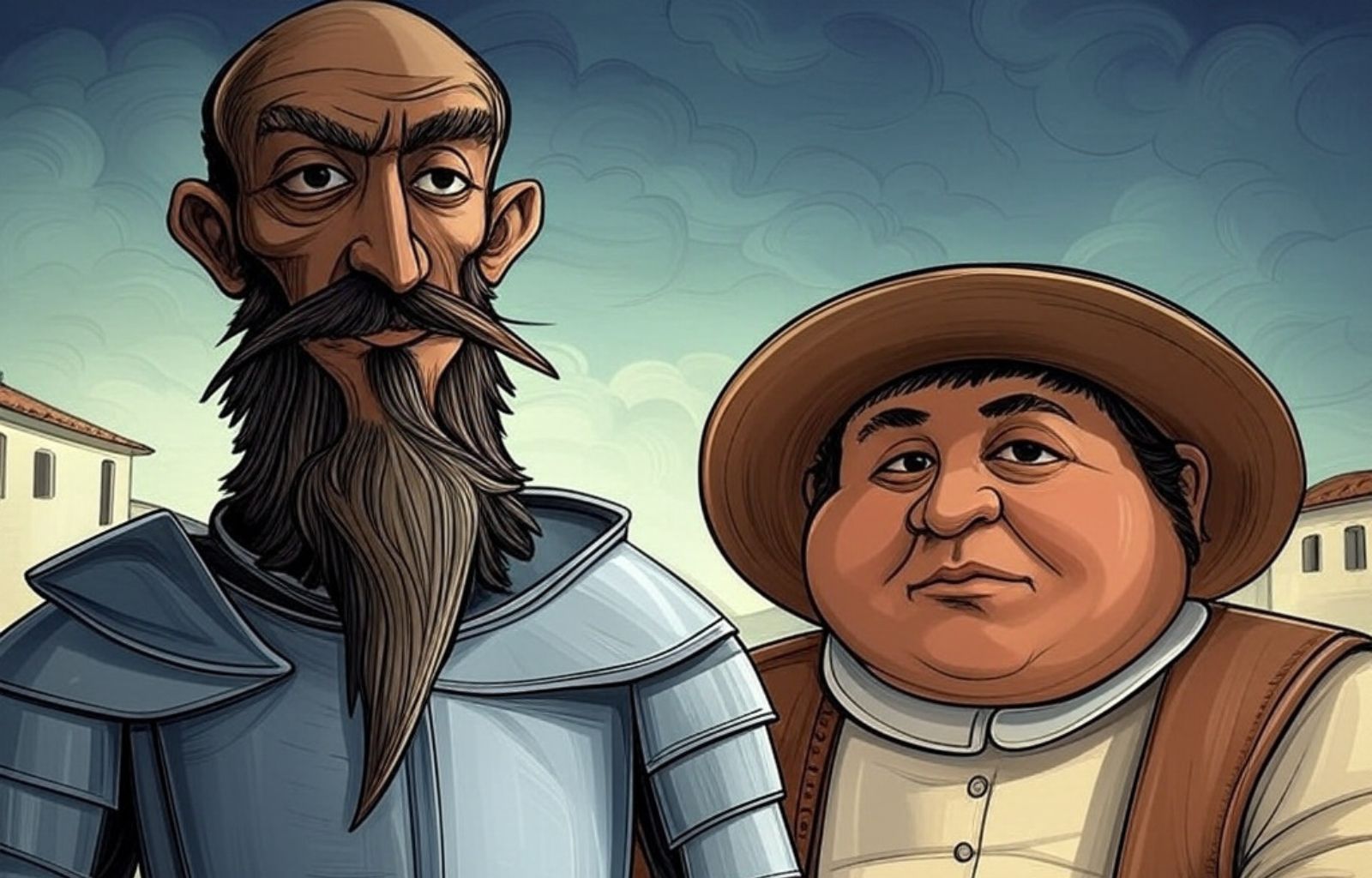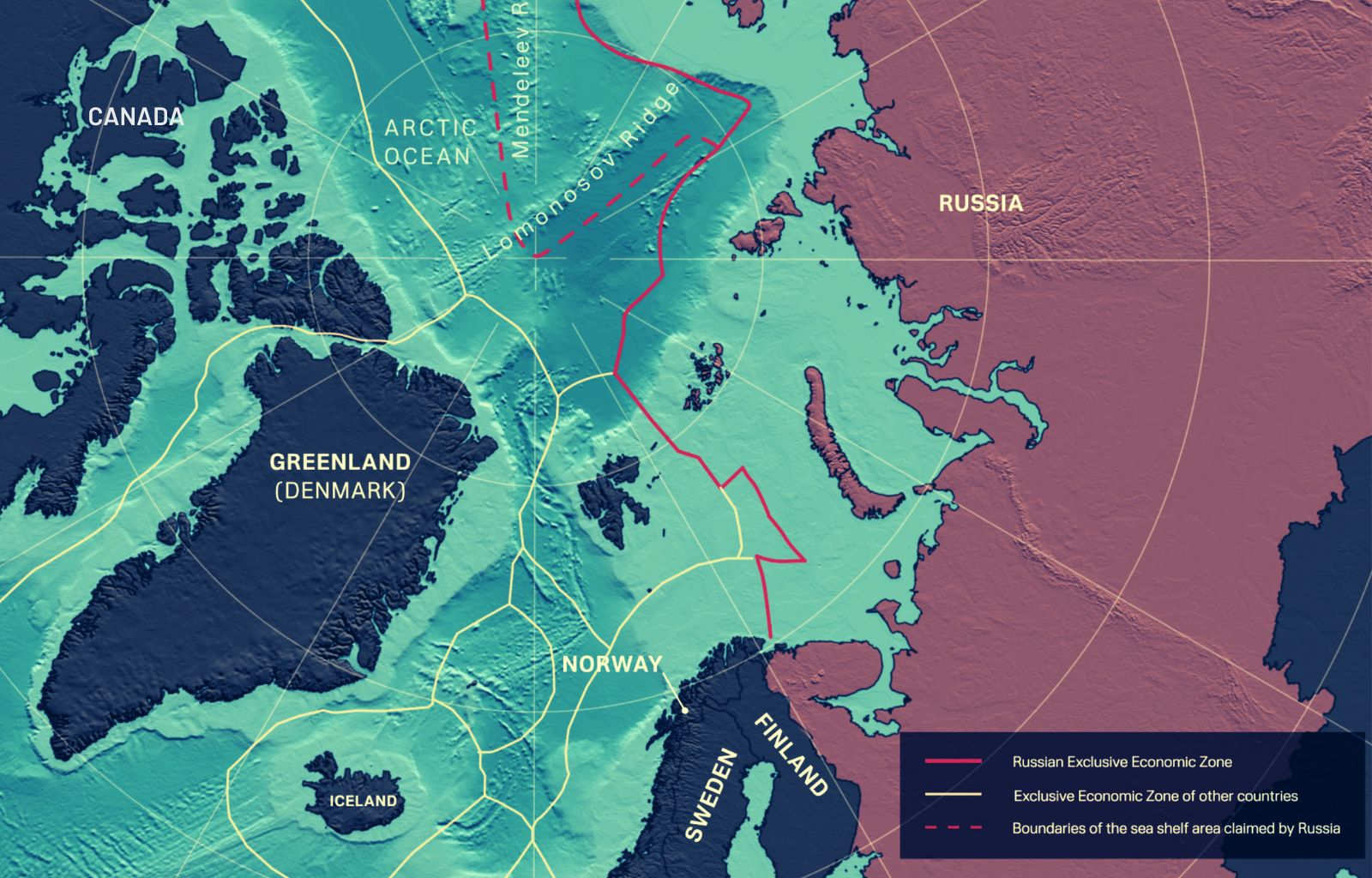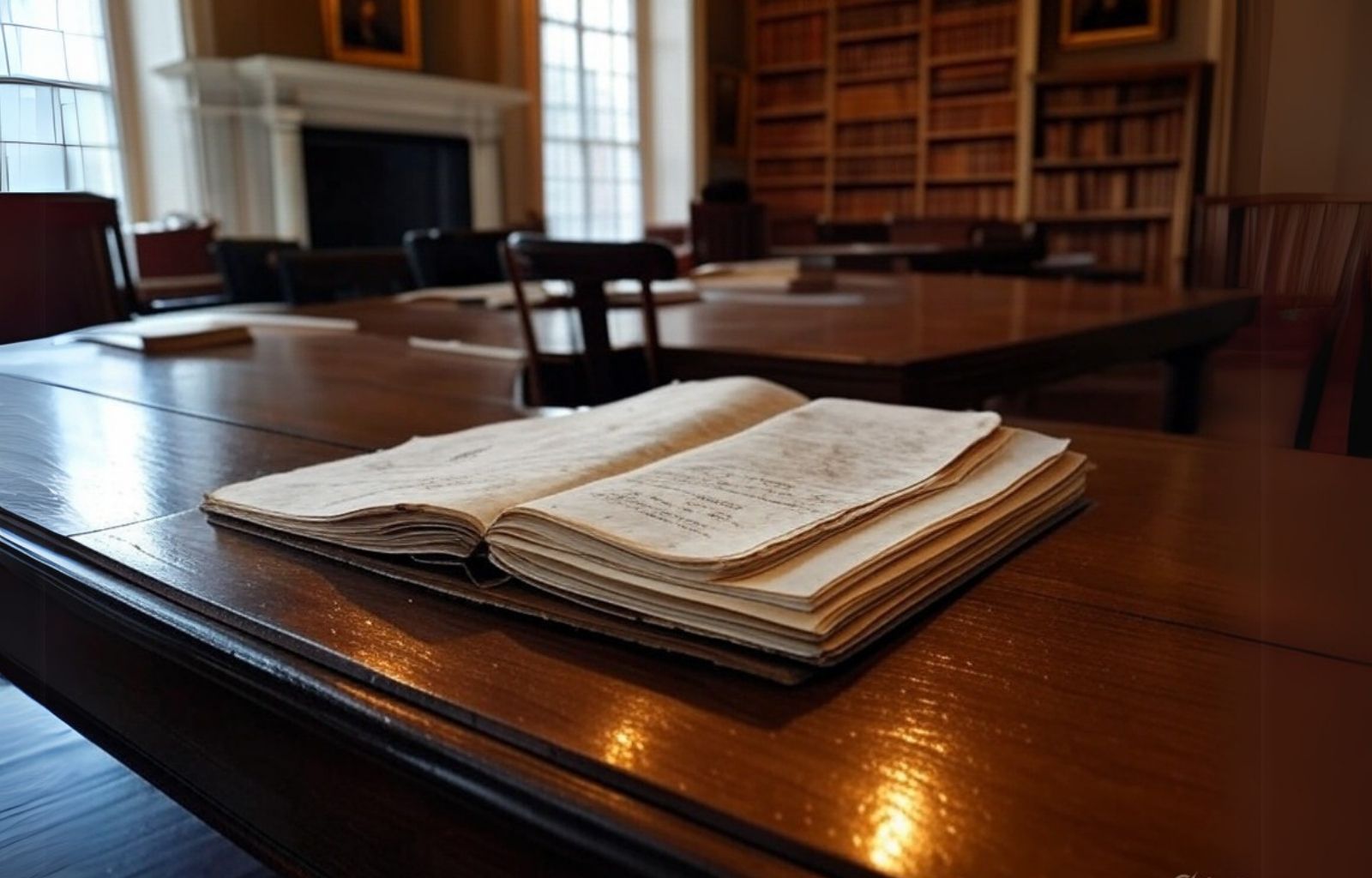Only the European Army can guarantee a just peace in Ukraine
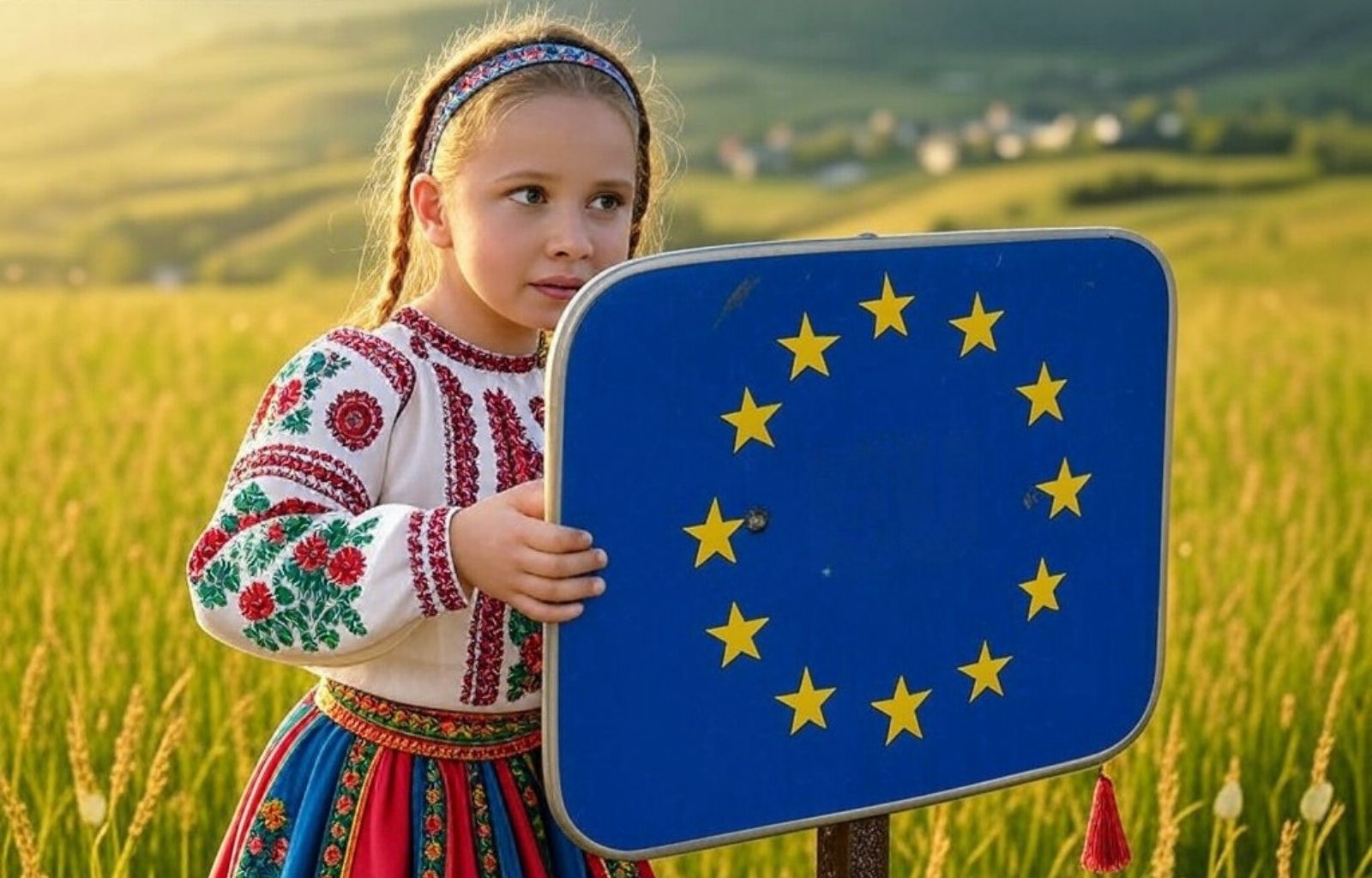
We have arrived at the knot of knots. Ukrainian President Volodymyr Zelensky has taken a bold and pragmatic step, admitting that, with the current conditions and available resources, Ukraine will not be able to regain the Donbass and Crimea. It is a crucial statement, showing that Kyiv is ready to face reality with lucidity in order to pave the way for a possible peace. But the crucial point is that this just and lasting peace will only be possible if Europe finally decides to take a leading role.
Russia’s willingness to negotiate remains an unknown, and both the current (and now outgoing) US Secretary of State Antony Blinken and Kaja Kallas, the EU’s high representative for foreign policy, have expressed scepticism about Putin‘s willingness to sit down seriously at the table. The end of the war may still be a mirage, but it is increasingly clear that the opportunity to close the most dramatic chapter in Europe’s recent history depends on a conditio sine qua non: that Europeans abandon the inertia of the past and make a courageous choice. It is not just a matter of supporting Ukraine with military or economic aid. It is about offering Kyiv two tools: a stronger negotiating position and a secure future, protected by a European security force that can guarantee stability and accompany it towards irrevocable EU integration. If Russia understands that Europe will no longer back down, it will have no margin.
The line suggested yesterday by NATO Secretary General Mark Rutte is clear. A permanent structure is needed for the security of Ukraine. But who will provide this protective hat? It will not be NATO. And it cannot be for two obvious reasons. The first is that with the Trump administration now ready to take office in the White House, the US has made clear its gradual disengagement from the Eastern European chessboard, shifting its strategic focus to the Pacific. The second, and perhaps even more important, is that Putin, who governs according to his own obsessions and paranoia, would never accept a deal ‘withthe NATO logo‘. Any agreement that bears the imprint of the Atlantic alliance would be perceived as an inadmissible defeat by the Russian leader, making any negotiations doomed to failure.
So the options narrow. A coalition of the willing, made up of European states willing to commit to the protection of Ukraine, might seem a solution, but it risks being fragile and fragmented, subject to the changing agendas of individual governments. This is where the most ambitious and revolutionary option comes into play: the creation of a European army.
A common army would not only ensure Ukraine’s security, but would represent a quantum leap for theEuropean Union, transforming it from an economic giant to a geopolitical power. It would mean speaking with one voice, acting consistently and defending its values and interests on the world stage.
A Next Generation EU for defence: the opportunity for a new ‘Hamilton moment’
This is an opportunity to give substance to the dream of a stronger, united Europe, capable of protecting itself and its allies without depending on the moods of Washington or the limits of Brussels.
We are aware that a real European army will only be realised with a reform of the European treaties, which would give democratic legitimacy to the ‘chain of command‘, the rules of engagement and the sources of funding of the army itself. But we are equally convinced that we need to work on our imagination and find in the short term a legal instrument that will bind the hands of European governments, especially those of the largest countries, and commit them in a structural manner. But we are equally convinced that we need to work on our imagination and find in the short term a legal instrument that ties the hands of European governments, especially those of the larger countries, and commits them structurally. A suggestion? Combine the short-term commitment in Ukraine with a Next Generation EU for defence, with rules and procedures approved by the European Parliament and the Council. This could be another ‘Hamilton moment’ for Europe; not to seize it would be irresponsible, if not lethal.
Today’s European Council will not decide much, especially as the final document seems to have already been written, but it may be the moment for European leaders to look each other in the eye and decide whether they want to be the ‘heroes’ of history, or the ‘villains’.
Zelensky has shown pragmatism (and no one should underestimate the fact that his already very low domestic popularity will be further damaged). It is now Europe’s turn to show the same determination. The time to choose has come: we can remain spectators of events or become the protagonists of our own destiny. History does not wait, and the future of Ukraine and Europe will be decided here and now.

